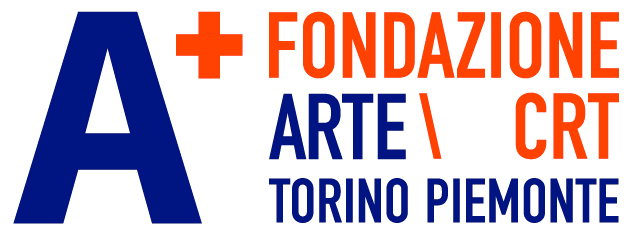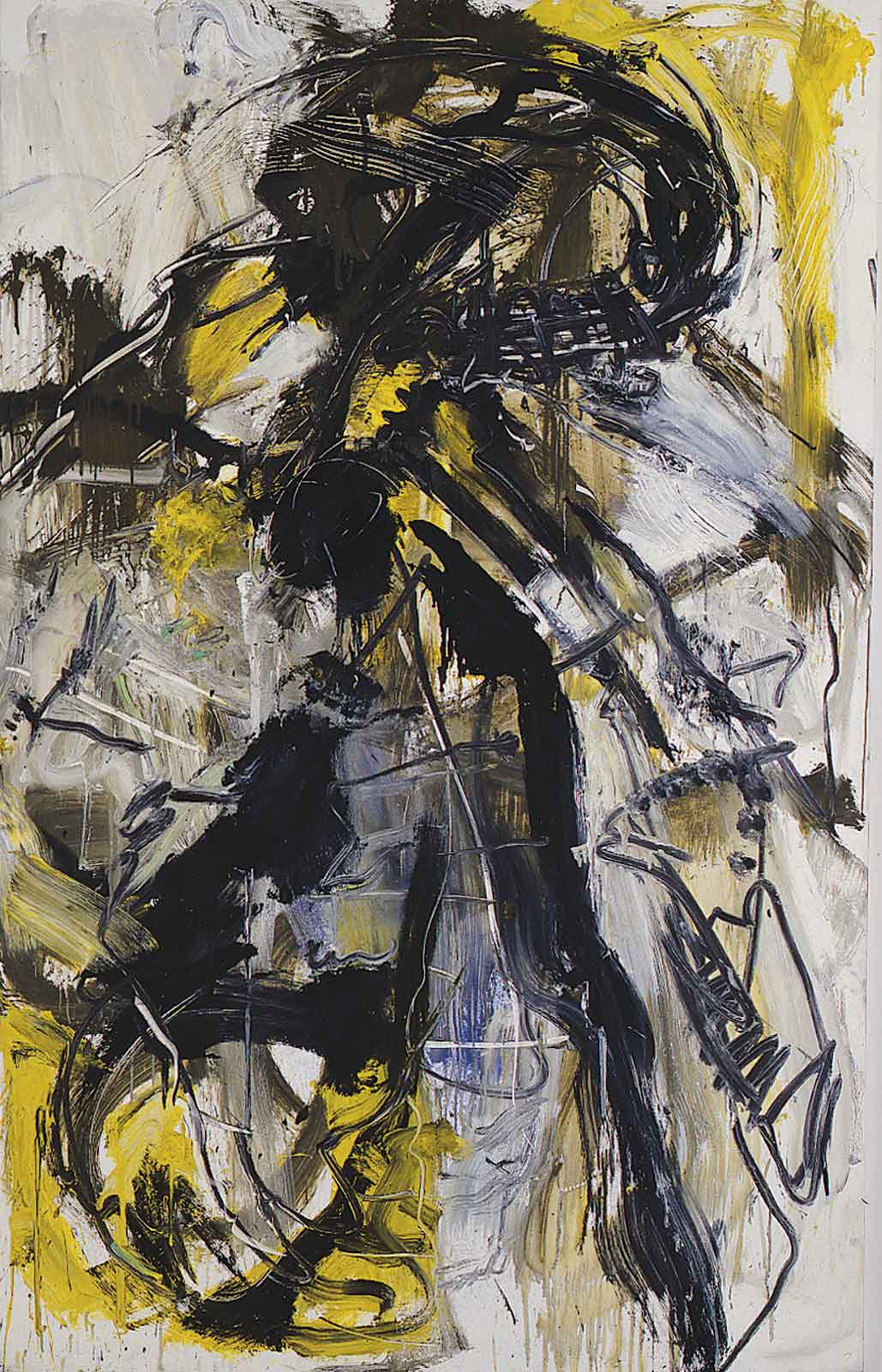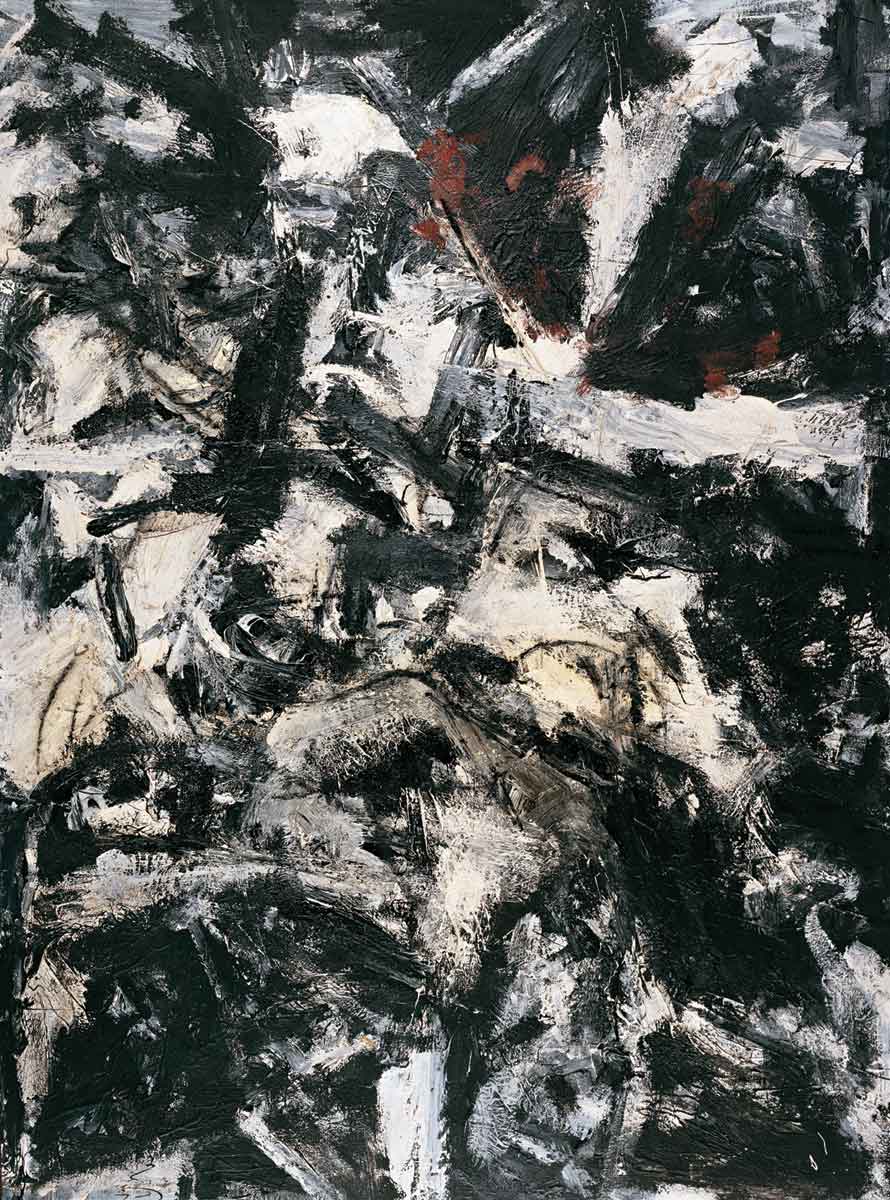During the war Emilio Vedova was a partisan who struggled against Fascism, and political and social engagement are forces present over the course of his entire career.
Part of the debate in Italy that, beginning in the late 1940s, set up an opposition between realism and abstraction, Vedova upheld the moral qualities of abstract art, maintaining that visual language also must be “revolutionary.” His reaction to Art Informel, with which he is sometimes associated, was that his works, instead, contain structures, and that “these structures are structures of my consciousness.” Affirming the inner origin of his works, Vedova asserted their dialectical and purposeful role in terms of the present to which they pertain. [...] 


